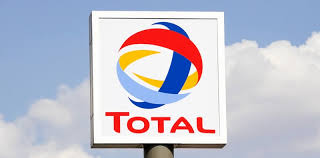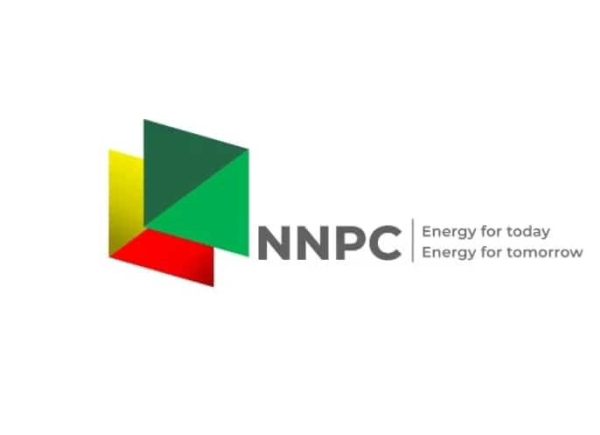Less than one month of the successful berthing of Total’s Egina FPSO at LADOL facility in Lagos, the French energy giant weekend announced another major international investment, saying it has completed the acquisition of 16.33 percent stake in Libya’s Waha concessions from Marathon Oil in a $450 million transaction.
Business Hilights gathered that Waha Oil Company is a subsidiary of Libya’s state-owned National Oil Corp (NOC) and currently produces 300,000 barrels of oil equivalent per day (boe/d) and which is expected to rise to 400,000 boe/d by the end of the decade, Total said.
The deal would give Total access to reserves and resources in excess of 500 million boe, with immediate production of around 50,000 boe/d and “significant exploration potential” in concessions in the Sirte Basin, the company said in a statement.
According to Total CEO Patrick Pouyanne, “This acquisition is in line with Total’s strategy to reinforce its portfolio with high quality and low-technical cost assets whilst bolstering our historic strength in the Middle East and North Africa region”.
Other Waha stakeholders include NOC with 59.18 percent, ConocoPhillips with 16.33 percent and Hess with 8.16 percent.
Total is already present in Libya with a production share of 31,500 boe/d in 2017 from concessions in the offshore Al Jurf field and the onshore Sharara field.
The oil industry in OPEC member Libya sector has staged a partial recovery after being hit by blockades and armed conflict following an uprising seven years ago.
National production dropped to lows of about 200,000 barrels per day (bpd), before rebounding to 1 million bpd last summer.
It is still well under the 1.6 million bpd Libya was producing before 2011, and the industry has suffered continuing stoppages including the current closure of the southwestern El Feel field due to a protest by guards.
Waha is one of Libya’s main export grades. It is shipped from the eastern port of Es Sider, which was blockaded by an armed faction between 2014 and 2016.
Es Sider and other ports in Libya’s Oil Crescent are now controlled by the eastern-based Libyan National Army (LNA), which allowed the NOC to reopen them in late 2016.
Waha’s chairman had said in November that the company was aiming to increase output to 375,000 bpd by the end of 2018, but faced major funding shortfalls and challenges in maintaining damaged infrastructure.








